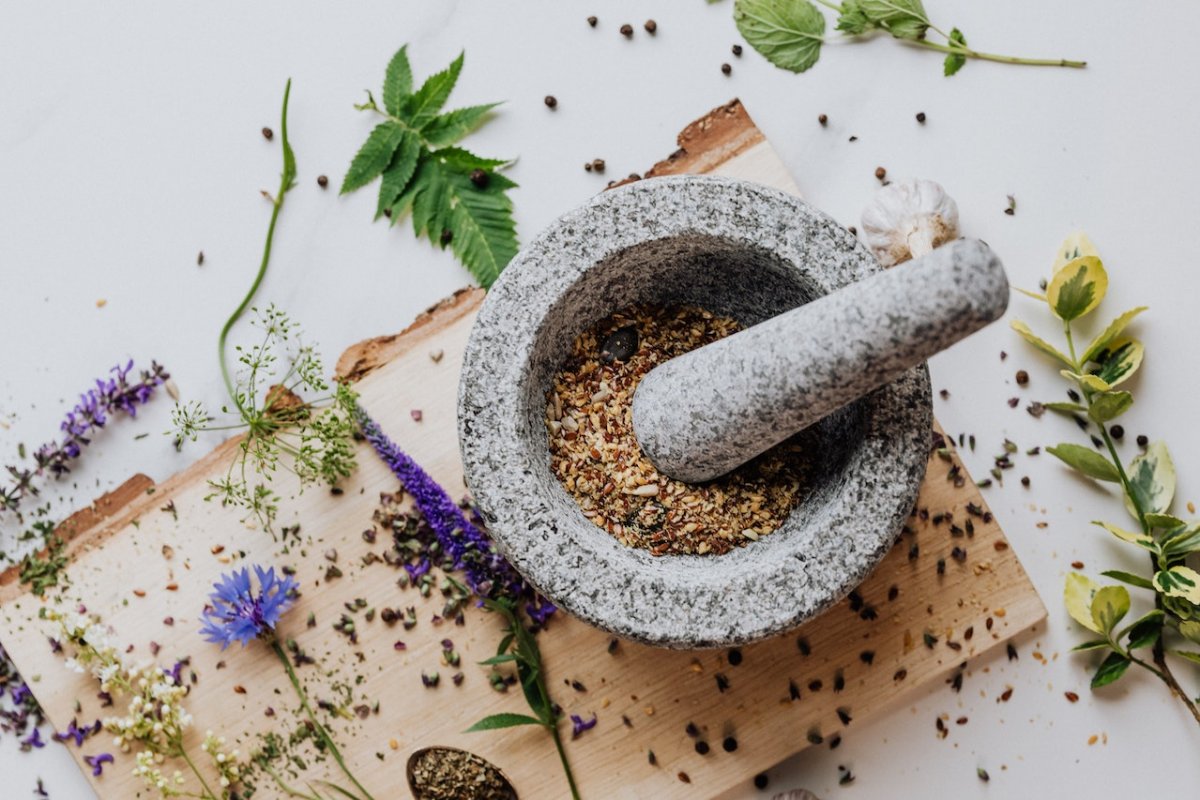
One study found that a chemical found in the oil of a particular herb prevents subjects from becoming obese and reduces visceral fat.Unlike subcutaneous fat, which is located just under the skin, visceral fat is stored deep in the abdomen. A certain amount is needed to protect and insulate vital organs. However, too much visceral fat has been linked to various conditions and diseases, including diabetes, heart disease, and cancer.
Therefore, keeping your visceral fat levels as low as possible is key to your health. Diet is one of the key factors when it comes to how much visceral fat you have.
For example, a diet high in saturated fat and sugar is known to increase visceral fat. Similarly, certain foods can help reduce it.
“Two herbs that are commonly used in cooking – oregano and parsley – have been shown to reduce weight. Carvacrol, a phenol found in the essential oil produced by oregano, can reduce fat levels in mice,” says nutritionist Vasilisa Ponomareva specifically
One group received a regular diet, another a high-fat diet (HFD), and a third a diet supplemented with 0.1% carvacrol (CSD).
Herbs and spices can replace salt and fats
“CSD-fed mice showed significantly lower increases in body weight, visceral fat weight, and plasma lipid levels compared to HFD-fed mice. In addition, HFD-induced upregulation of adipose tissue genes and proteins associated with signaling cascades that lead to adipogenesis and inflammation was significantly reversed with dietary carvacrol supplementation. Carvacrol prevented obesity in HFD-treated mice by reducing body weight, visceral fat pad weight, and lowering plasma lipids.”
To get the most benefit from oregano for weight loss, include oregano oil in your diet, which can take in supplement form.
Get rid of visceral fat: the best vegetables to reduce belly fat – a study
MedicalForum has previously written about drinks that are good for the kidneys.
Important! Information provided for reference purposes. Ask a specialist about contraindications and side effects and under no circumstances self-medicate. At the first sign of illness, consult a doctor.
